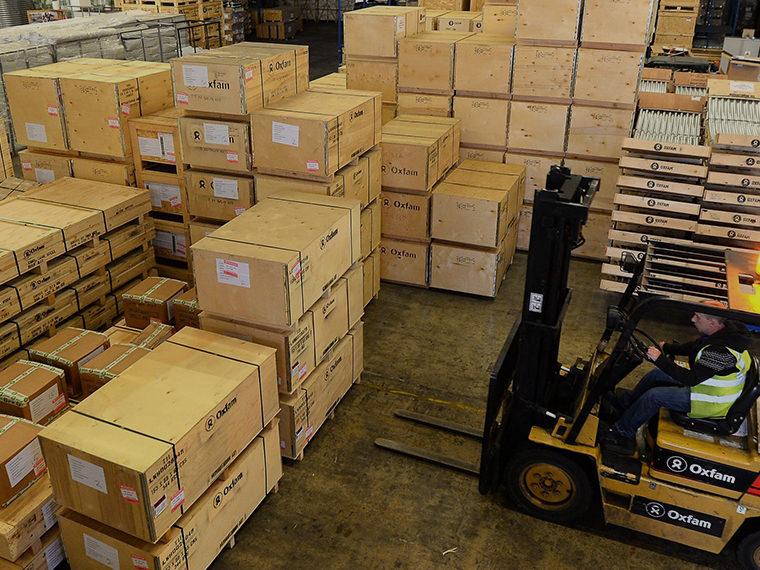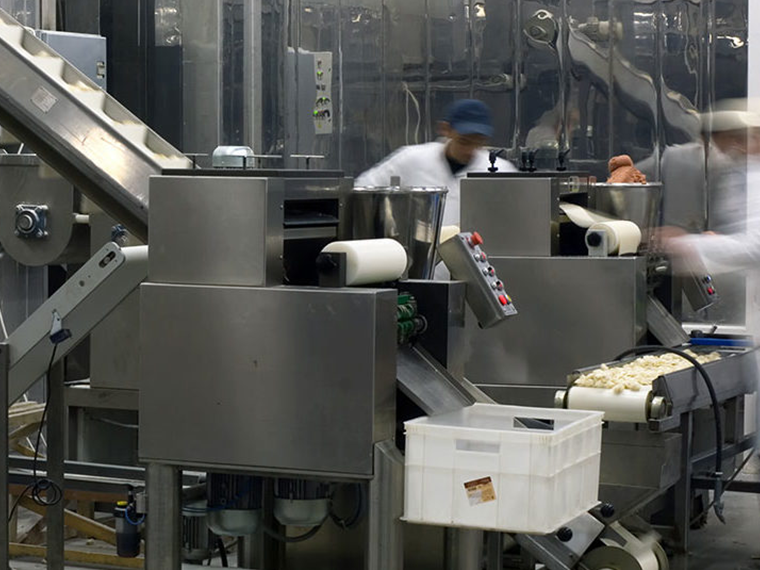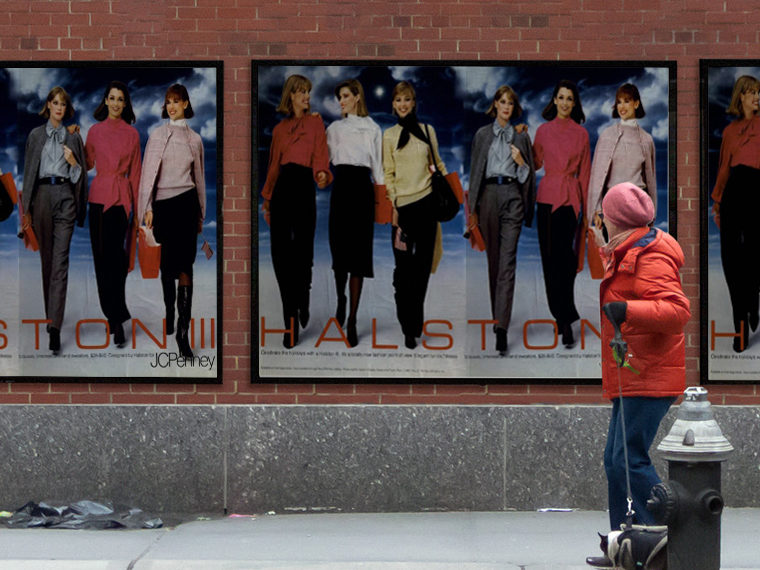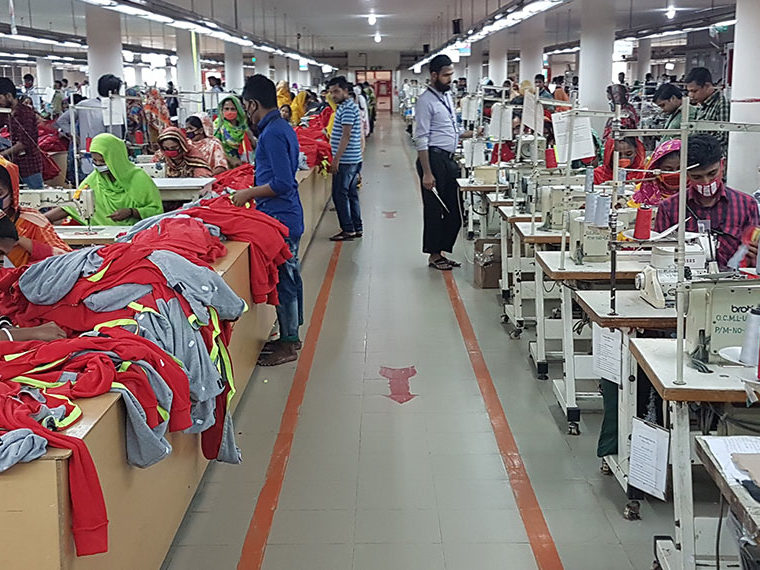Topic: Manufacturing

Your Chinese Supplier Pollutes – It Dents Your Stock Price?
The market penalizes customers’ shares more than those of the polluter

When Manufacturers Commence Exporting, They Become More Efficient
Looking at costs, in a sample of 5,000 plants in Chile, remarkable productivity gains occur

Volume Discount? In the Chip Industry, Don’t Count on One
Semiconductor makers’ pricing is based not just on quantities ordered but also on “capacity rationing”

Supply Chains Benefit When Manufacturers Adopt AI
Efficiencies spill over to suppliers even if they don’t adopt the technology themselves

Should Manufacturers Use Formal Procedures to Evaluate Alternative Materials?
Methods that weight efficacy, toxicity and cost improve understanding but provide no easy answers

Shining a Light on the Development Supply Chain
Field researchers constructed a model to subsidize essential goods for low-income communities in crisis, and profit in recovery

Recession Recoveries Take Longer as Manufacturing Fades
Should stimulus be targeted toward displaced workers, rather than across the economy?

Once Begun, Corporate Carbon Reduction Efforts Gather Momentum
Companies are surprised: Opportunities to reduce CO2 are more plentiful than expected

Mass Customization Makes Forecasting Parts Purchases a Manufacturer’s Nightmare
A method that establishes a range of needs — and then tightens the range — works better

Manufacturing Might Pull Its Weight in Next Recovery
Unlike in past cycles, factory jobs are showing strength ahead of expected downturn

Luxury Goods: The Perils and Profits in Lower-Priced Markets
A study uses game theory to suggest when designer companies should license their names for down-market goods

In U.S.-China Trade War, Bystander Countries Increase Exports
Higher demand from U.S. and China means expanding into new markets

How Fashion Brands Can Best Ensure Worker Safety in Developing Nations
Collective action, rather than each brand working alone, appears more effective and costs less

How Established Firms Get Disrupted by Allies
Suppliers, distributers, product extenders go from helper to competitor

How Brands Can Anticipate Unauthorized Subcontracting of Apparel Manufacturing
A model predicts with 80% accuracy which orders get handed off
